The issue is not if, but when publishers embrace subscription wholesale, and which players they choose to get into bed with. These are the questions that will define this decade and the future of the industry.
US-based subscription service Scribd says it now has 100,000 Spanish-language titles (across formats) in its catalogue, which has boosted interest in its Mexico arm, launched in October 2019.
That kicked off with 60,000 titles, so an impressive 66% expansion, but it’s not clear what the breakdown of audio and ebook formats might be.
What we do know is that Scribd is now pushing its Originals content in Spanish, currently fielding 30 titles but with a target of 100 by the end of the year.
Per a press release, Julie MacKay, director of international content acquisition at Scribd, stated:
Audiobooks have become an increasingly popular way for readers to enjoy books and for the first time we’re seeing that Spanish-language audio listening activity on Scribd is growing almost twice as fast as our English-language audiobook activity.
We believe audio adoption will continue to accelerate and we’re excited to launch a program that brings more audiobooks to market and help authors and publishers reach new readers in Mexico and other Spanish-speaking countries.
Just how meaningful the “Spanish-language audio listening activity on Scribd is growing almost twice as fast as our English-language audiobook activity” assertion is is anyone’s guess.
As a new venture, growth from zero to any value will give impressive percentages, so this is a statement to interpret with caution, not a trigger per se for publishers to rush into Spanish-language content production.
Scribd’s investment in Original content, while encouraging to publishers considering their options, comes with the caveat that, just as with Storytel, Amazon, Audible, etc, Scribd will collect 100% of the profit from its own content and will fully control its promotional prospects on the platform.
But what Scribd isn’t sharing with us is just as important as what is being shared.
Back in November 2019 Scribd picked up an impressive $58 million in new funding –
but there have been no new funding announcements since, and Scribd’s Australia launch is the only new market Scribd has reported since that new cash rolled in.
In December 2019 Scribd revealed a 25% revenue rise to $100 million plus –
but despite the inevitable boost to Scribd during Pandemic Y1 Scribd has chosen not to share any new milestones in revenue or subscriber numbers.
That $100 million revenue in 2019 was the last mention. By contrast, Storytel pulled in $229 million in 2020.
The last time we heard about Scribd subscribers was when Scribd hit the one million mark back in January 2019.
The silence since then suggests 1.5 million subscribers is still in the future, let alone 2 million, which stands in contrast to Storytel, which is already at 1.5 million and targeting 2.5 million by end 2021.
Yet Scribd has the potential to outperform Storytel in the global markets, should it put its mind to it, and has some clear advantages over Storytel in pursuing that goal.
First, while Storytel remains focussed on audiobooks, Scribd has a broader format approach and as per past discussion here at TNPS about Storytel’s long-term prospects, there are headwinds looming for the Swedish tiger.
Storytel’s growth so far has been beyond impressive, but with each new market it enters the challenges rise. The audiobook phenomenon that we’ve seen in Scandinavia, and especially in Sweden, where audiobooks make up more than half of all books sold, is not being replicated elsewhere, and unlikely it ever will.
Audiobooks are expensive and technically challenging to produce, and for some publishers offer too small a margin when offered through a third party unlimited subscription service, such as to justify the level of investment needed to make that happen.
That’s not to say Storytel will crash and burn – far from it – but the headwinds will grow stronger as the low-hanging fruit markets are exhausted and the time comes to focus on parts of the world where audiobooks are still a novelty, subscription is a little-known concept, and books don’t have the same high cultural status as in most of the mature western nations.
Put simply, it’s one thing to launch in a digitally mature nation like South Korea or Thailand. Quite another to launch in a country where the online population is small, e-commerce is nascent, or the publishing industry is less developed.
Storytel’s launches in Iceland, Norway, Finland and Singapore, for example, were into small markets but that were mature as regards publishing, reading and digital engagement. A very different picture on those first two counts in Egypt where Storytel soft-launched last month, and Indonesia where Storytel will be launching soon.
Of course for Indonesia, with 196 million people online, and Egypt with 54 million online – equivalent to Italy – the sheer volume of potential subscribers makes the investment low-risk. Ditto for India, where despite being able to charge a monthly subscription rate of only $4 the online population of 749 million internet users makes the country a sure-fire win in the long term.
Storytel’s second disadvantage over Scribd is that while Scribd is notionally available worldwide, via its US store (content subject of course to territorial restrictions), Storytel is only accessible in its dedicated markets. Scribd has yet to meaningfully exploit that advantage, with only a handful of localised markets, but it will be collecting data on engagement from markets worldwide (which of course lead to the Mexico and Australia launches) and were Scribd to seriously study its international prospects it could almost certainly put together propositions that would excite investors to throw more cash at the company and make Scribd a serious contender for Storytel’s global crown.
Scribd’s third advantage over Storytel is its presence in the main English-language markets like the US, UK, Canada and Australia, which as yet are off-limits to the Scandinavian upstart start-ups (the exception being Bonnier’s BookBeat presence in the UK, but that has no substance at this time).
This is, to unforgivably mix fable metaphors, both Scribd’s invincible hammer and its Achilles’ heel. Scribd’s ongoing engagement with many Big 5 and other major English-language publishers in markets like the US mean Scribd has both brand recognition and publisher trust to hold its own against Amazon’s Kindle Unlimited and Audible, and it has meaningful data publishers can use to make decision about the consumption model’s future.
But too, these markets are the unstated Holy Grail for Storytel, and were publishers to ever embrace a Storytel venture into the US, UK, Canada and Australia, forcing Audible to move to an unlimited model, it would be devastating for Scribd at its current level of engagement in these markets.
Such a move may seem unlikely now, but Pandemic Y1 has fundamentally challenged publisher perceptions about digital engagement, and as Pandemic Y2 unfurls so those perceptions will be challenged still further.
Subscription is an inevitable evolution in publishing retail, no matter how much some in the industry want to look the other way.
The issue is not if, but when publishers embrace subscription wholesale, and which players they choose to get into bed with.
These are the questions that will define this decade and the future of the industry.

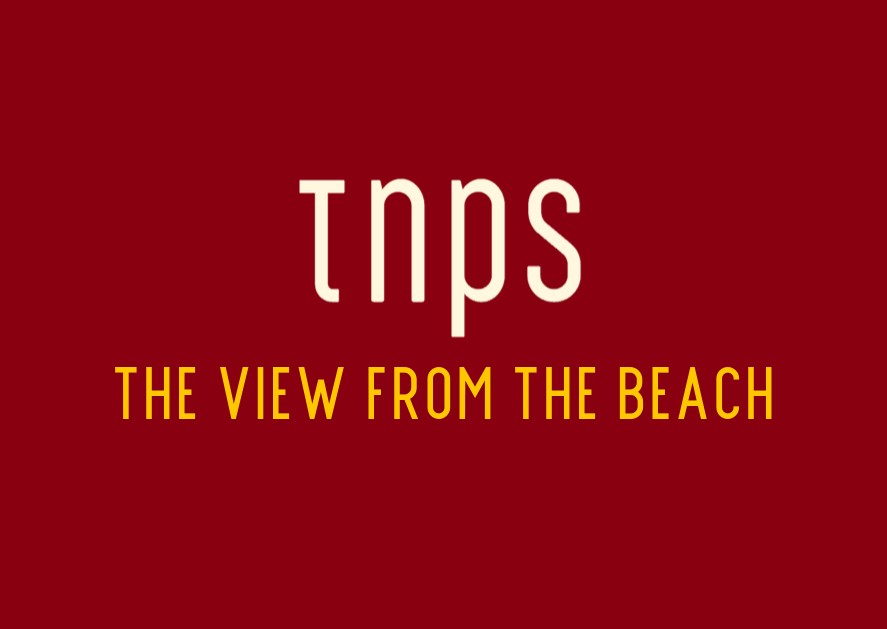
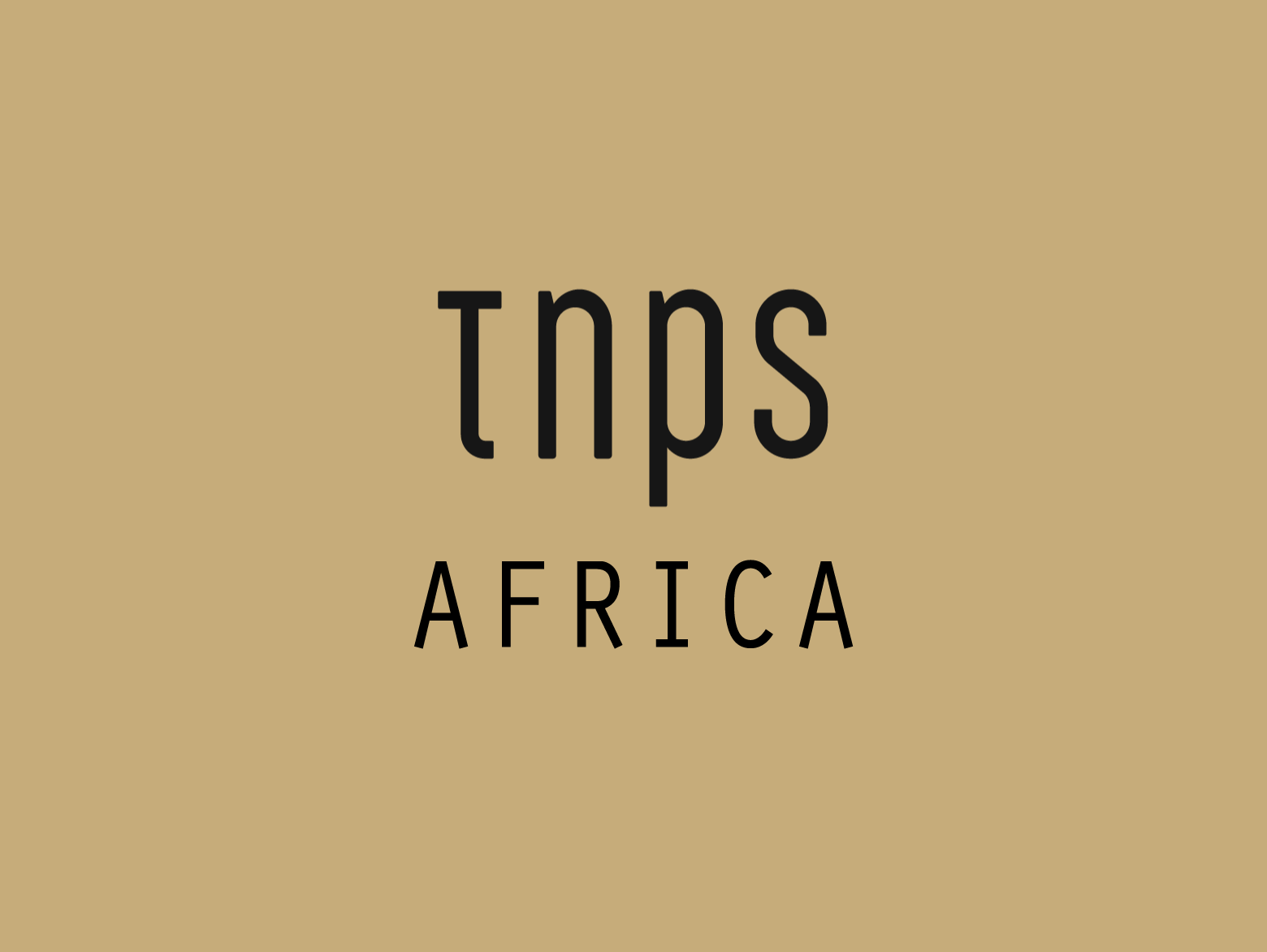
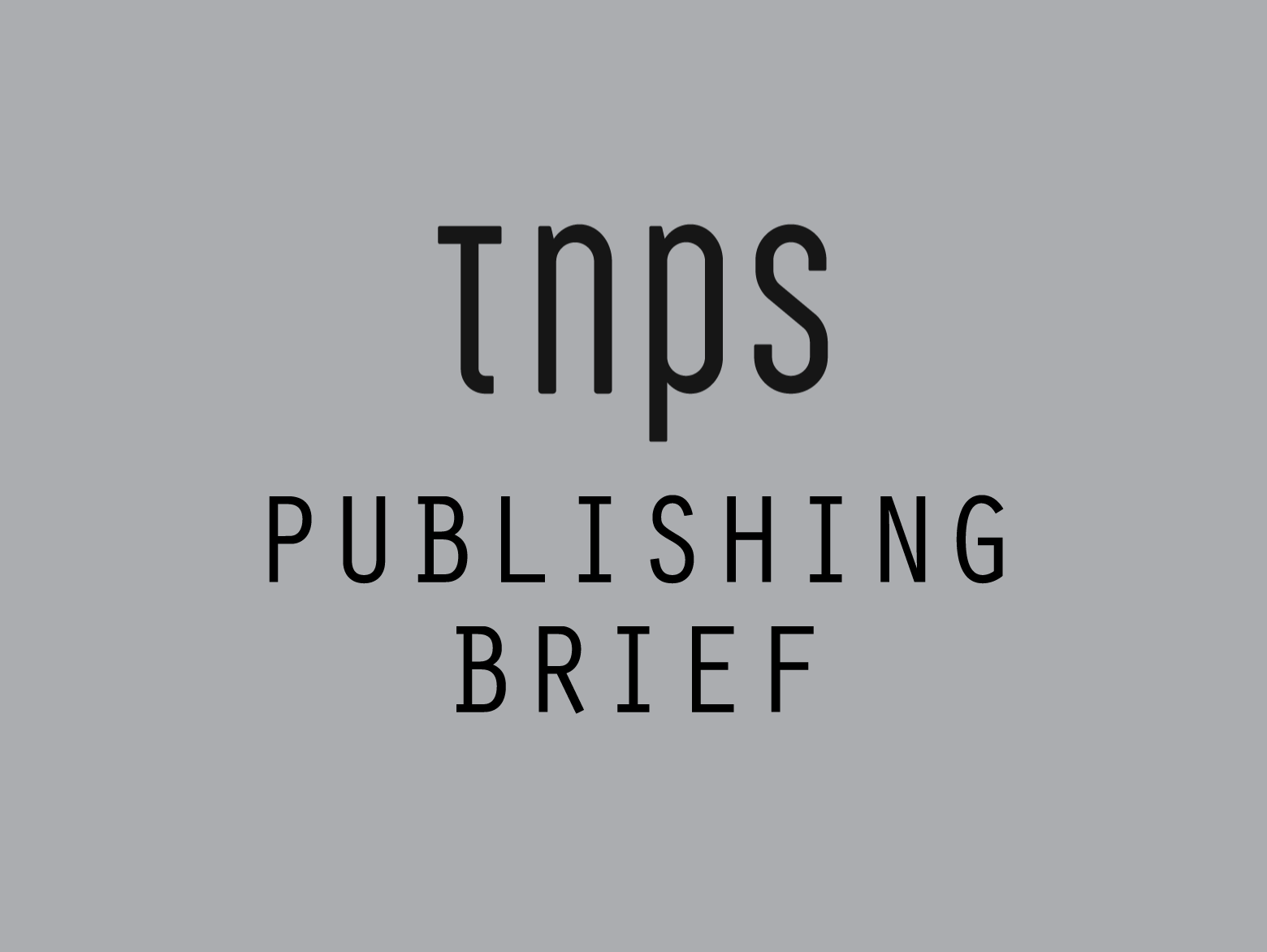
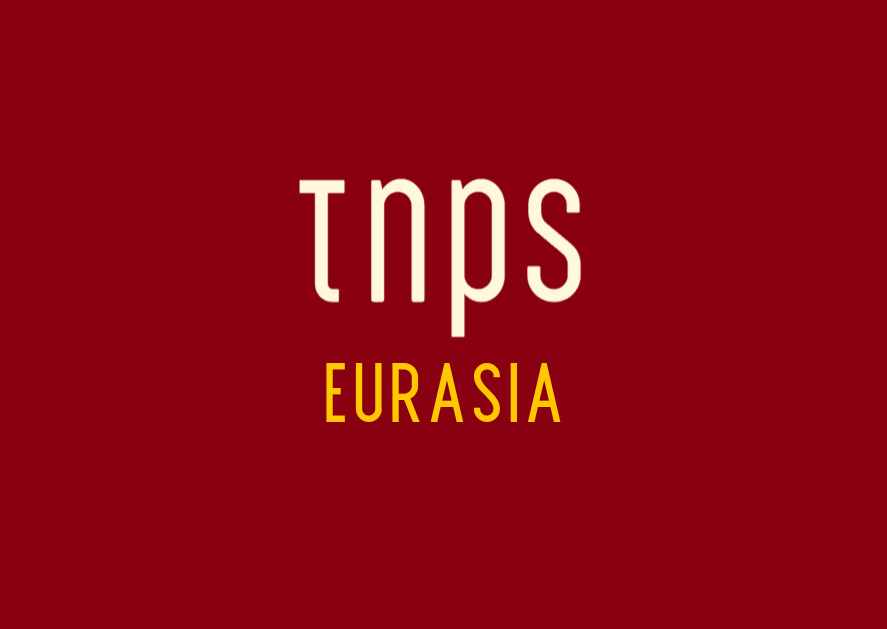
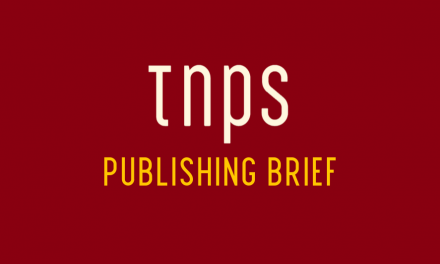
Trackbacks/Pingbacks